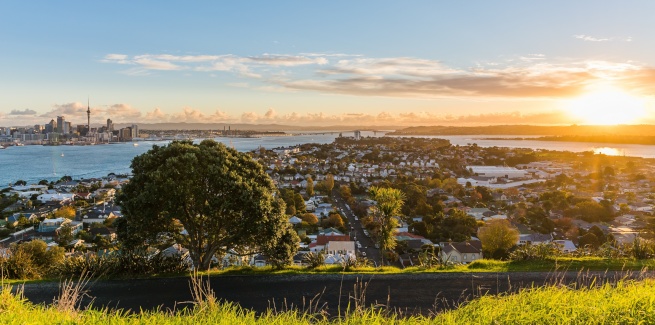This latest figure marks the fifth consecutive rise of New Zealand’s CPI, and its highest since June 1990 – the quarter that saw the country’s inflation hit 7.6 per cent, before falling to 5 per cent three months later.
Quarterly inflation is said to have increased by 1.7 per cent during the June 2022 quarter, compared to the March 2022 quarter.
According to Stats NZ, the main driver for these latest annual and quarterly figures was housing, with one factor being the rising prices of construction.
The cost for the construction of a new dwelling in New Zealand is said to have increased 18 per cent year-on-year during the June 2022 quarter, while construction costs rose 4.5 per cent quarter-on-quarter.
Speaking of the lift in construction, Stats NZ general manager economics and environmental insights Jason Attewell said: “Supply-chain issues, labour costs and higher demand have continued to push up the cost of building a new house.”
According to Mr Attewall, this latest annual 18 per cent bump follows a persistent trend of rising prices.
“The 18 annual increase in the June quarter follows an 18 increase in March and a 16 increase in December 2021,” Mr Attewell said.
However, Stats NZ has also flagged rising rents and fuel as contributing factors.
According to the data agency, between the June 2021 and June 2022 quarters, rent increased by 4.3 per cent.
Between the March 2022 and June 2022 quarters, the average cost of rent rose by 1.2 per cent.
Petrol prices were also reportedly 32 per cent higher the year to the June 2022 quarter – said to be the largest annual increase since the June 1985 quarter.
Diesel prices were also to have increased 74 per cent over this same period.
Westpac revealed earlier this month that it expects Australia’s June inflation to reach 5.8 per cent headline and 4.5 per cent trimmed.
NAB has also come forward with its prediction for inflation, confirming that it predicts headline inflation to rise to 6.3 per cent year-on-year over the second quarter of 2022, and underlying inflation to hit 4.7 per cent over this same period.
By the fourth quarter, NAB has said inflation will reach 7.2 per cent and 5.4 per cent respectively.
Last month, the Reserve Bank of Australia said it was then expecting inflation to peak at around 7 per cent by the end of the year, before ultimately declining.
[Related: RBNZ hikes cash rate to 2.5%]
 ;
;